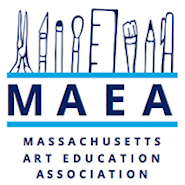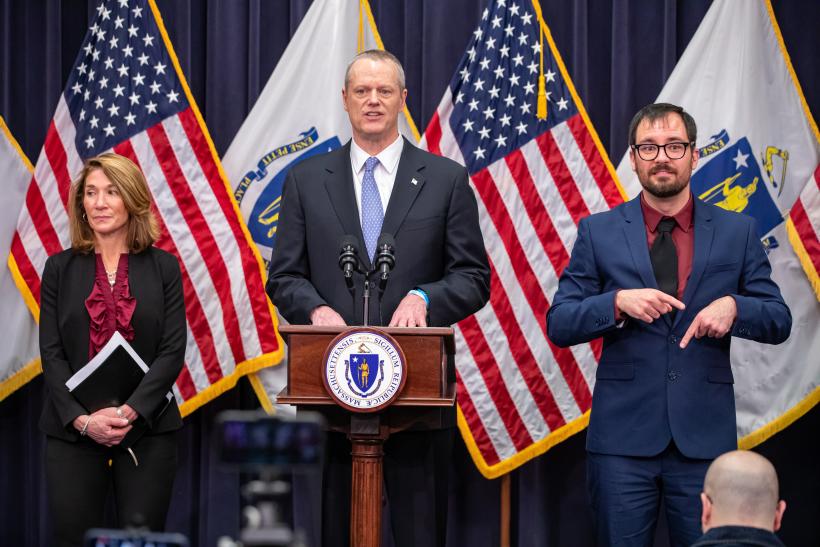March 15, the Baker-Polito Administration announced a three-week suspension of school operations for educational purposes at all public and private elementary and secondary (K-12) schools in the Commonwealth beginning Tuesday, March 17, and a series of new guidance and legislation in response to COVID-19.
“Our administration is taking these rapid steps to protect the health and safety of our residents to mitigate the spread of COVID-19,” said Governor Charlie Baker. “We know that a lot of the measures we are putting into place, including mandatory school closures and prohibiting gatherings of 25 people or more, will cause disruption in people’s day to day lives. With the steps we are taking today, we can ensure residents can still access key state services while taking necessary precautions to limit the spread of COVID-19.”
“The legislation our administration is filing will help ease burdens on cities and towns regarding municipal governance as they work to keep their residents safe,” said Lt. Governor Karyn Polito. “We look forward to working with the Legislature to swiftly enact these bills to help provide our cities and towns with relief.”
The bills and guidance that Governor Baker outlined today include the following:
Schools in the Commonwealth
Elementary and Secondary Schools: suspend educational operations from March 17 until April 6. Full order available here.
Given the evolving data regarding cases of COVID-19 and out of an abundance of caution for the health and safety of children and school staff, the Governor is ordering a 3-week suspension of school operations for educational purposes at all public and private elementary and secondary (K-12) schools in the Commonwealth (not including residential and day schools for special needs students), beginning Tuesday, March 17 and continuing until Monday, April 6. The suspension of educational programming would not necessarily affect the availability of school buildings for the provision of food or other essential non-educational services. As April 6 approaches, the administration will provide additional guidance.
During this period it is critical that students and their families, as well as school staff, stay home as much as possible. If an individual needs to leave home, it is essential to strictly follow social distancing guidelines by avoiding crowds, canceling social gatherings, and maintaining a safe separation of at least 6 feet from others. Restricting access to school buildings will have little impact on public health if these best practices are not followed in good faith.
Although schools must suspend in-person educational operations, staff should be planning for how best to equitably provide alternative access to student learning opportunities during this period and potentially beyond. Equally important, school personnel should develop plans for ensuring to the greatest extent possible that families have access to essential non-academic services for their children – especially involving special education and food services for students who are most vulnerable.
The Department of Elementary and Secondary Education (DESE) will work in partnership with schools and districts to develop strategies and resources to sustain learning and vital services throughout this closure period. Already, DESE has received a partial waiver from the U.S. Department of Agriculture providing greater flexibility regarding food service in certain districts with higher concentrations of low-income students and is actively pursuing additional waivers for the remaining schools and districts.
Early Education and Care: follow EEC/DPH guidance regarding closure based on actual cases
The suspension of educational operations at K-12 schools will inevitably affect the provision of pre-school and childcare services. Although we are not ordering the closure of childcare programs at this time, we are strongly urging childcare providers to strictly observe guidelines that are being issued by the Department of Early Education and Care (EEC) and the Department of Public Health (DPH), which call for temporary closures based on actual direct or indirect exposures to individuals with COVID-19.
At the same time, EEC will prioritize the maintenance and expansion of childcare capacity serving front-line healthcare workers and first-responders across the state.
Higher Education: continue to move towards remote learning
With regard to higher education, the Department of Higher Education and DPH strongly recommend that colleges and universities, both public and private, continue to pursue strategies to reduce the need for students to be on campus, including suspending in-person classes and implementing institution-wide programs to shift to remote learning, technology enabled solutions, and other tools to allow students to successfully complete course and degree requirements. Institutions should also pursue strategies to reduce the need for faculty and staff to be on campus by maximizing remote work opportunities, while maintaining essential on-campus services, especially for residential students who cannot safely return home. Additional guidance will be forthcoming.
The Administration will continue to update the public on further developments and individuals are encouraged to consult both the Department of Public Health and the US Centers for Disease Control and Prevention websites for the most up to date information.
The latest information and guidance regarding COVID-19 is always available at mass.gov/COVID19.

